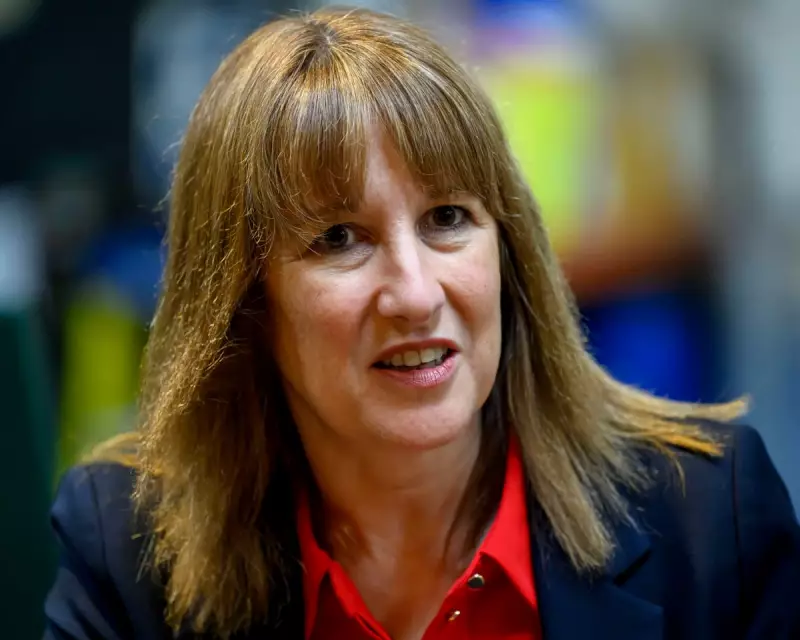
In a landmark speech that signals a significant shift in economic policy, Chancellor Rachel Reeves has declared that those with the "broadest shoulders" must contribute their fair share to the nation's finances.
A New Era of Fiscal Responsibility
The Labour government's first major tax announcement outlines a fundamental change in approach, moving away from what Reeves described as "years of austerity that punished the many while protecting the wealthy few."
Speaking with conviction, the Chancellor emphasised that her department is actively exploring multiple avenues to ensure the wealthiest individuals and corporations pay what she termed their "proper dues" to the Treasury.
Closing Loopholes and Strengthening Enforcement
Among the key measures under consideration are:
- Enhanced resources for HMRC to pursue tax avoidance and evasion
- Closing loopholes that benefit high-net-worth individuals
- Reforming capital gains and inheritance tax systems
- Strengthening international cooperation on corporate taxation
Reeves was unequivocal in her stance: "For too long, the burden has fallen disproportionately on working people. That era is ending."
Funding Public Services Through Fair Taxation
The Chancellor positioned this new approach as essential for rebuilding Britain's public services after what she described as "14 years of Conservative neglect." The additional revenue generated would be directed toward:
- Reducing NHS waiting times and improving healthcare infrastructure
- Investing in education and skills training
- Supporting local authorities and social care systems
- Funding the transition to green energy
This announcement comes amid growing pressure on public finances and follows recent economic assessments showing significant challenges ahead for the UK economy.
Political and Economic Implications
The move represents a clear departure from previous government policies and is likely to spark intense debate in Westminster. Business groups have expressed cautious interest, while opposition parties are expected to scrutinise the details closely when formal proposals emerge.
Reeves concluded with a powerful message: "This isn't about punishment or ideology. It's about basic fairness and building an economy that works for everyone, not just those at the very top."





